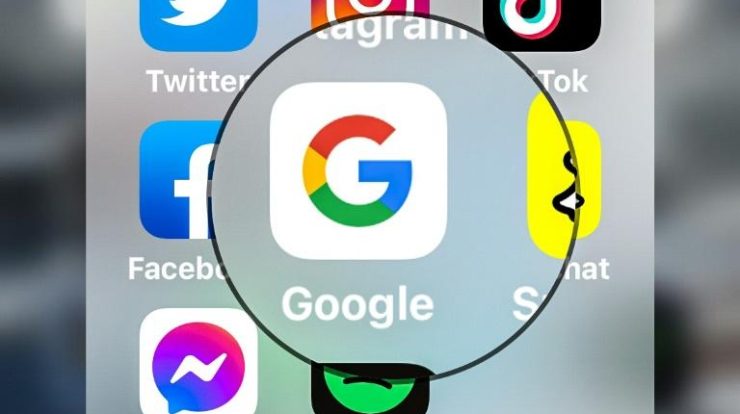
The United States and the European Union (EU) have reached an agreement on a new framework for the transfer of personal data at the transatlantic level – announced on Friday (25th) the US President, Joe Biden, and the President of the European Commission, Ursula von der Leyen.
This agreement is in principle crucial to the digital economy and is the result of months of negotiations, after the European Court annulled the “Privacy Shield” agreement in July 2020, saying that there was insufficient protection against US surveillance programs. This agreement regulated data transmissions on both sides of the Atlantic.
At a press conference with Von der Leyen in Brussels, President Biden said the new agreement will “spur growth and innovation in Europe and the United States and help companies, large and small, to compete in the digital economy.”
He added that this agreement underscores “our shared commitment to privacy, data protection and the rule of law.”
The head of the European Executive Authority also celebrated the new achievement.
“This will allow a reliable and predictable flow of data between the European Union and the United States, while preserving individual privacy and freedoms,” von der Leyen said.
He added, “We have to continue to adapt our democracies in a changing world. This is especially true when it comes to digitization, where the protection of personal data and privacy is paramount.”
After the announcement, Google also praised the decision, which allows Internet users to “use digital services anywhere in the world and know that their information is safe and secure,” one of its spokespersons said.
Personal data, such as geolocation or the behavior of Internet users, is in fact a “gold mine” for the digital economy, especially for American Internet giants such as Google, Facebook and Amazon.
– No ‘substantial’ change –
For CCIA, the association that defends its interests in Brussels, today’s announcement is good news, especially for “European and international companies that depend on transatlantic data transmissions for their daily business operations,” in the words of Alexander Rohr, the association’s administrator.
In July 2020, the Court of Justice of the European Union estimated that the “Privacy Shield”, used by 5,000 US companies, including Google and Amazon, does not protect against “potential interference with the fundamental rights of people whose data is being transferred”.
Defenders of individual liberties saw this decision as a victory, but tech giants criticized it.
The case began with a lawsuit against Facebook brought by Austrian judge Max Schrems, who is known for his struggle for data protection.
On the new agreement, Shreims criticized the absence of “fundamental reform on the part of the United States” and threatened to re-enhance legal procedures.
He warned that “the final text will take some time, but when it is available, we will analyze it thoroughly (…). If it does not comply with EU law, we or others will probably take it to court.”
alm-es / ahg / tt / aa
